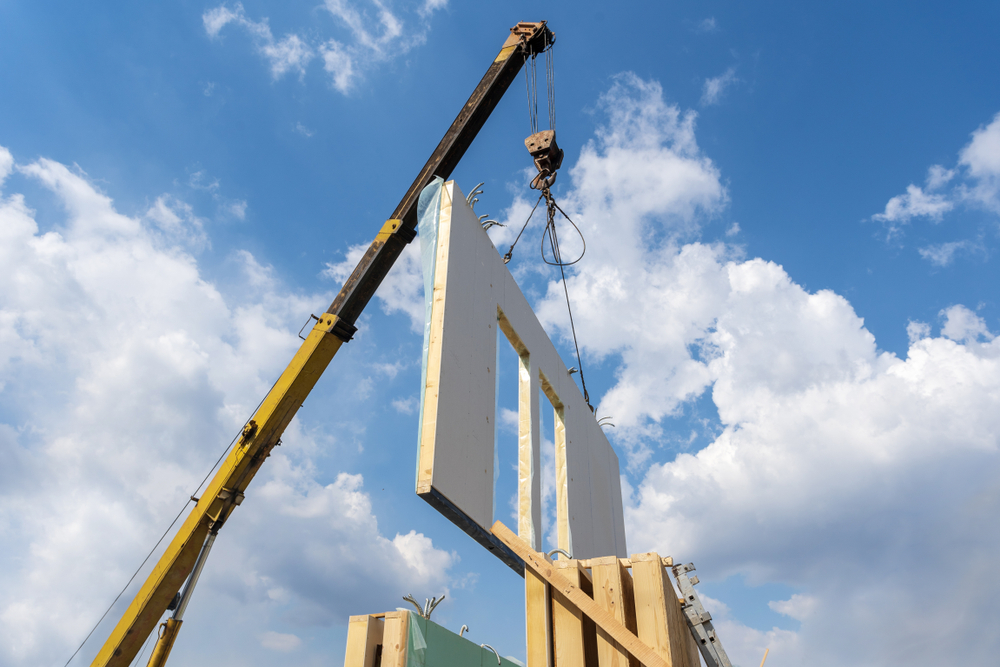Modular Housing Projects on the Rise
EXPLORE

Modular Housing Projects
Homelessness has magnified the ever-present failures of our social systems in Canada. While this has been on the radar of city officials for years, causing a number of plans to be proposed and funded, COVID-19 only exacerbated the issue. Now, as Canadians fight to come together to control the spread of COVID-19, homelessness is also on the list.
Toronto
Modular housing has seen great success in cities across Canada, and now they will be making their presence known in one of the fastest-growing cities in the country. Two sites have been identified by the City, in which modular homes will be constructed to provide housing to 100 individuals who are currently homeless. By 2021, 250 modular units are planned to be erected, further working to reduce homelessness across Toronto.
“Two sites have been identified for the first phase of the project: 150 Harrison St., which will have 44 bachelor apartments and is the former site of the 14 Division police station, as well as 11 Macey Ave., which will have 56 bachelor apartments and is located near Victoria Park and Danforth.” -Global News
Modular homes will be built on-site and will feature bachelor units with communal kitchens. The goal is to gain the approval of 40,000 affordable rental units and construct 1000 modular homes, as a part of the HousingTO 2020-2030 Action Plan.
In a city where housing has always been a challenge, modular homes designed through new builds or implemented in pre-existing developments, will provide a way to increase housing and provide an affordable option once again.
Vancouver
In March of this year, Naomi Place, a modular housing project in Vancouver, began accepting residents. With financial and land donations made by the city and the federal government, Naomi Place is able to provide 58 individuals with their own private units, as well as access to “commercial kitchen, communal dining, laundry and medical examination rooms.” Residents will also receive life and employment skills training. The facility will be monitored by onsite staff to ensure that those living in these units are fully supported and cared for.
“’Everyone deserves a safe and secure place to call home,’ Municipal Affairs and Housing Minister Selina Robinson said in a press release. ‘We are taking urgent action with our partners because when people have housing, the entire community benefits.’”
Rental units and affordable housing are also a priority for the City of Vancouver, as they navigate the housing downturn that had already begun before COVID-19.
“‘Vancouver’s most vulnerable citizens in the impoverished Downtown Eastside neighbourhood are a top concern,’ Kelley said, ‘and future projects will have to accommodate post-pandemic designs.’”
Modular housing is being proposed as a long-term option to help house the cities most vulnerable. Not only are modular homes a more affordable option, especially when funded by the government or charity groups, but they are easy to build, can be moved if needed, and are a versatile form of housing that can grow and evolve as the city does. COVID-19 revealed current issues with the housing and support systems in Canada, and we will see these systems gain the attention they need as we round out 2020.

